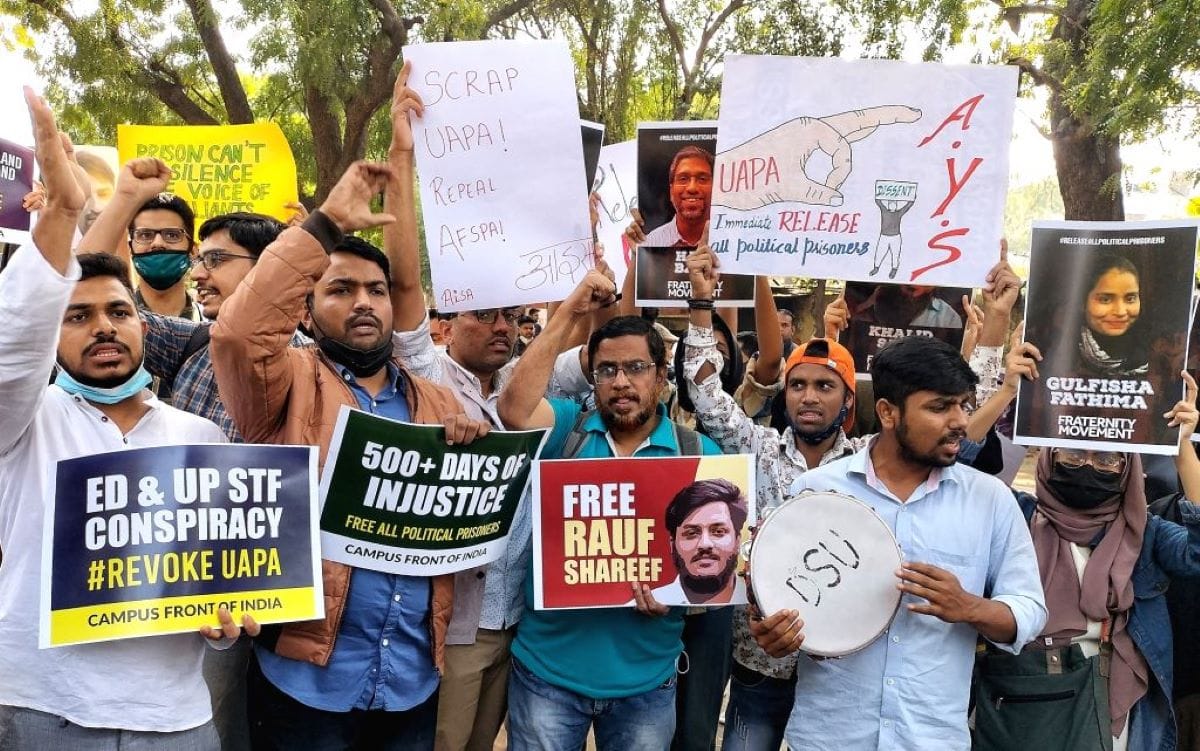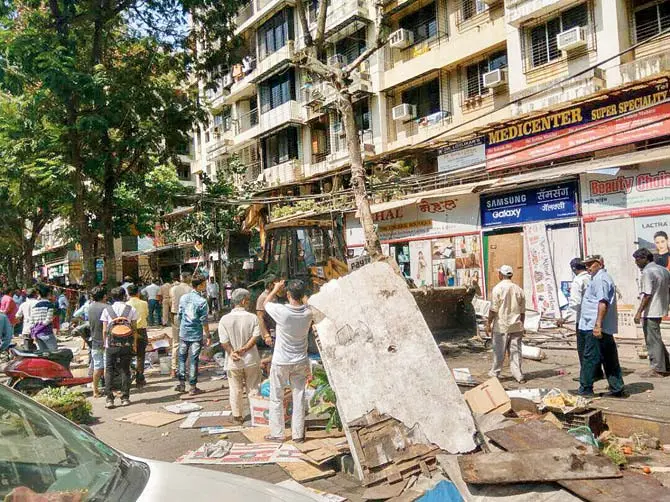Following the chaos stirred by right-wing media’s propaganda labelling anyone who challenged the ruling government as part of the ‘tukde-tukde,’ gang or ‘anti-national,’ the most absurd and appalling term ever heard on Indian media’s primetime was the ‘CORONAJIHAD.’ Accused of being responsible for spreading the COVID-19 virus, highly stereotypical and stigmatising conspiracy theories were circulated against Muslims in India, where they were villanised and witch-hunted by the media of spreading COVID-19 to Hindus as part of a “Muslim takeover master scheme” mentions a detailed report released last month by the Noor Foundation.
The report titled, “Roots Of Hate: Fascist And Fundamentalist Narratives & Actors In South Asia And Southeast Asia Regions” by Noor, a global feminist and movement-driven think tank that works around the lines of gender justice navigates one through such kind of alarming trends of fascism across the region.
Fundamentalism and fascism create an illusion that resistance is futile
Written by researchers, Nada Wahba and Subha Wijesiriwardena and supported by a dedicated team. The researcher, Nada is a co-director of the Anti-Racism Movement, based in Beirut and Subha is a co-director and co-founder of a cross-national feminist initiative from Combo. The report studies parts of South and Southeast East Asia including India. It examines all fascist narratives that have existed in the country in the past decade.
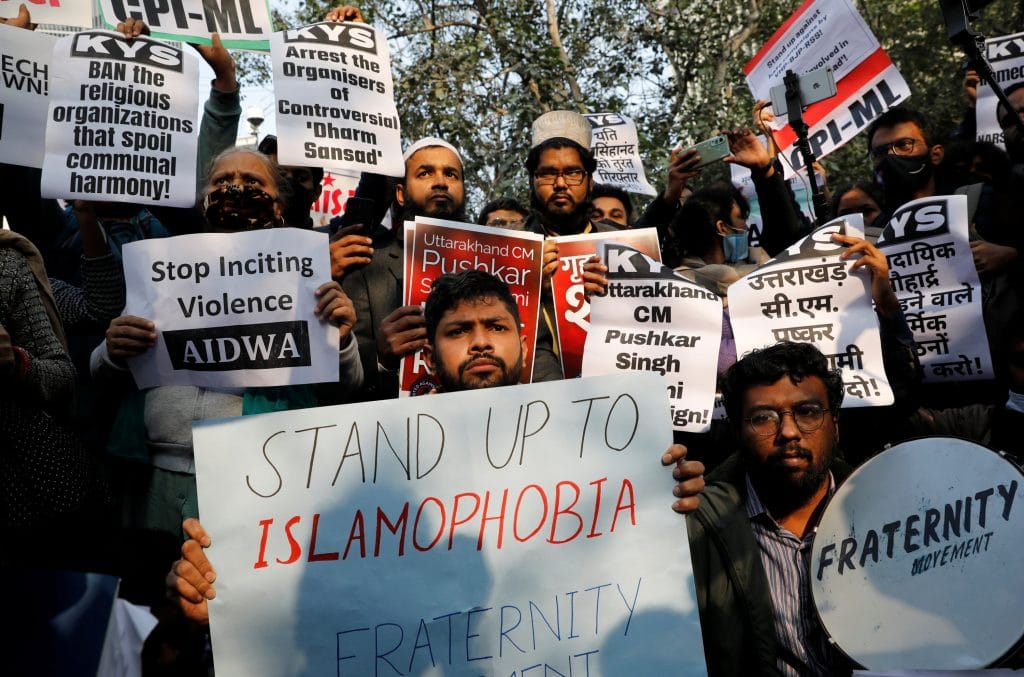
Since 2014 when the Modi government rose to power, Hindutva nationalism, violent hate crimes, and religiously fundamentalist public debates are also on the rise. But not just India, fascism is on the rise across the globe. Anti-democratic discourses have entered into our lives beyond the offline spaces. The report also narrates how fascism and fundamentalism create an illusion that their dominance is inevitable. That the world has always been this way and that resistance is futile.
Social exclusion and hate crimes against Muslims in India
The report discusses in detail how BJP’s ideological forebearers like the RSS, Vishwa Hindu Parishad, and now several others have garnered roots of social exclusion and hate against Muslims in India. They divert public discourses via social media to spread their narratives. According to the Noor Foundation’s report, the BJP recruited citizens to become ‘entrepreneurs of hate,’ across the state of Uttar Pradesh (UP) to capture the attention of smartphone users from Lucknow to rural Manikpur in 2017.
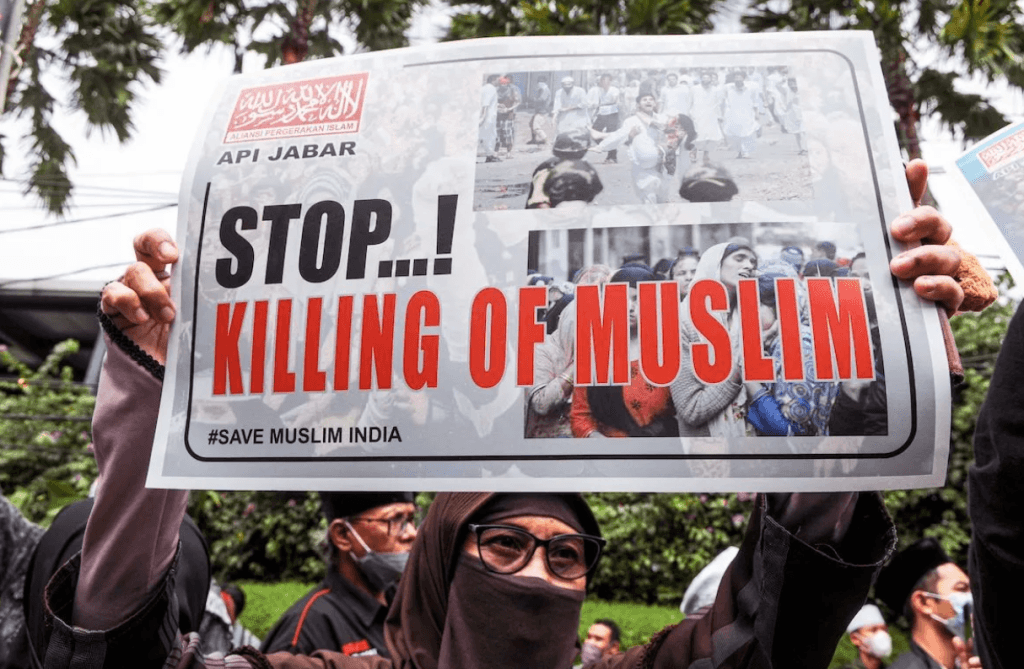
The pattern is very systemic regular messages are flooded in local dialects to capture the minds of the voters. With enormous data and thousands of WhatsApp groups, the BJP IT cell waged a smartphone war in UP.
Meta (Facebook) and its affiliated companies have continuously been accused of not acting upon hate-mongering political content. Earlier, informally but now formally promoting party narratives as a department within the BJP. “These cells amplify polarising content through repeated messaging. Silencing any form of opposition by creating an environment of intimidation and deploying abuse for the ones who challenge their narratives,” the report mentions.
However, one may still ask, is having an IT Cell, a crime? Or spending crores of party funds for the publicity of a national political party, a sin? Most parties have their IT Cells. It is very common for parties to spread their ideological narratives. However, today these cells are only being utilised to spread misinformation through polarising content designed in a fashion that is hate-mongering. Even the rhetoric is highly inflammatory, towards certain communities. For instance, the bizarre viral #Coronajihad, according to the South Asian Dalit human rights organisation, Equality Labs 176 reached up to 165 million Twitter users (Mar-April 2020). (Numbers quoted from the Noor report). The damage was already done until it was removed. Similarly, in 2022, in the Bulli Bai app case, Muslim women were humiliated, harassed, and abused. The report also points out other such incidents and social media narratives from the past decade.
Criminalisation of activism and attack on land rights defenders in India
Labelling someone as anti-national and putting them behind bars under the draconian Unlawful Activities Prevention Act (UAPA), has become a regular trend. For some, without plausible evidence, the police arrests. Their trials may seem endless with no bail granted. Many political and land rights activists in India are labelled as ‘terrorists,’ and imprisoned in detentions without trials.
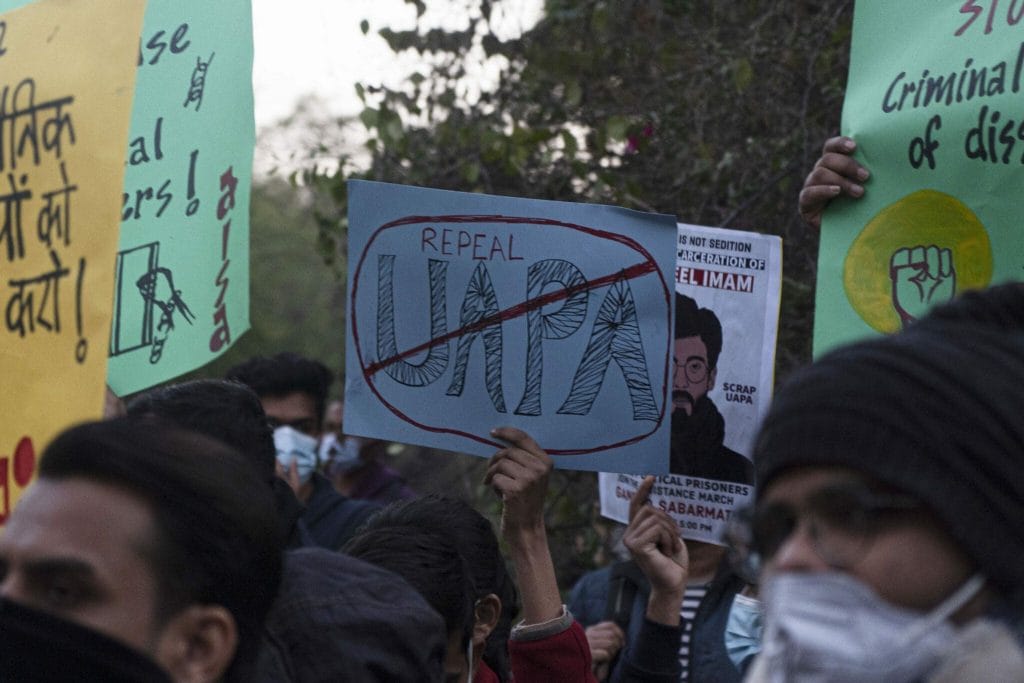
However, on the other hand, rape and murder-accused self-styled godmen are released on parole right before elections. Dissent is effectively crushed and silenced. Resistance and activism come with a price. “One In Every Four Activists Receives Death Threats In South and South East Asia,” the report mentions. Activists’ families are at risk of harassment and intimidation in South and Southeast Asia. The report further reinstates and also exclaims how neoliberal policies of the governments in India and other South and South Asian countries are only promoting the privatisation of major public resources. With fascism spreading its roots in environmental actions and policies to be undertaken in those regards, Ecofascism is on display.
Governments are suppressing environmental activists, displacing indigenous communities from their lands in the name of development. Only to impress the corporates. It also mentions, referring to a report from Ecobusiness – India recorded the highest number of violent attacks against climate activists in– and mass displacement of Adivasi (Indigenous) communities.
Neoliberal policies, corporatisation, and mass displacement of Adivasis
The report studies how fascist and fundamentalist tendencies escalate into neoliberalist policies of the governments. The promotion of corporatisation and privatisation of major public resources is one such method. Some countries of the region like Nepal, Mongolia, and Cambodia have a GDP lower than the capital earned by some of the world’s largest corporations. Giving such corporations an excellent location to exploit their workers. They open a base where they can expect underpaid labour to work for them. These conditions worsen for women who may find jobs in hazardous segments of the global value chains of manufacturing products. They may experience flexible employment schemes with little to no health and social benefits, long hours of work, low wages, sexual harassment, and discrimination.
Beyond Noor’s report, take the recent example of Samsung’s Chennai plant’s workers’ protest. After almost a month-long strike and multiple rounds of discussions between the workers and senior management of Samsung India, it is only now that a settlement has been reached concerning the ongoing strike at the company’s plant in Sriperumbudur, near Chennai.
Pinkwashing and the usage of misogyny to assert dominance
The report claims Modi Government uses ‘Pinkwashing,’ – a propaganda strategy utilised by the government that cynically exploits LGBTQIA+ Rights. It further paints a progressive image of itself concealing the larger picture of ongoing human rights violations. Even though the government promoted the Trans Rights Bill of 2019, the report raises concerns of many trans rights activist who thinks that the legislation mandates a long and arduous process for legal gender recognition, with a high degree of control and power given to a single government agency.
Leaders like Modi, Bolsonaro, and Duterte in the report have been termed as the ones who use misogyny as a tool to assert their dominance and marginalise those who challenge their authority. Patriarchal leaders like them use derogatory remarks about female politicians with patronising comments about women in general to reinforce traditional gender roles. By valuing women only with the traditional patriarchal structure of society, leaders use their public platforms to legitimise broader societal violence against what is perceived as the ‘feminine,’ or feminist.
The report concludes in this fashion how misogyny is not only personal but is a strategic element of these leaders’ broader fascist agendas. “The ‘feminine,’ is weaponised – praised when it conforms to sexist expectations and vilified when it threatens the status quo.“
Impact on other South and South East Asian Countries
With fundamentalist Buddhist monks in Sri Lanka, Taliban in Afghanistan, Orthodox Anti-Abortionist Catholic Church, Hindutva groups in India, and fundamentalist political parties in Pakistan, the region’s situation is quite concerning. The report demands stringent actions and solidarity. It reaches out to feminists to remain steadfast in their position from the frontlines of our time’s most urgent and critical struggles. Demanding to maintain control of our land and resources; redirect humankind towards ecological and economic justice, equality and universal care, food security, and health; and bring greater commitments to infrastructure – both tangible and intangible.
Finally, it concludes by stirring up a commitment towards long-term partnership goals rather than short-term solidarities achieved.
About the author(s)
As an independent journalist, writer, and aspiring documentary filmmaker, Stuti covers about social and political issues. Interested in development journalism she also highlights issues on human rights, gender, education, unemployment, law and others. She aims to start her own news media initiative in the future to transform the way development is covered and discussed in the news.
